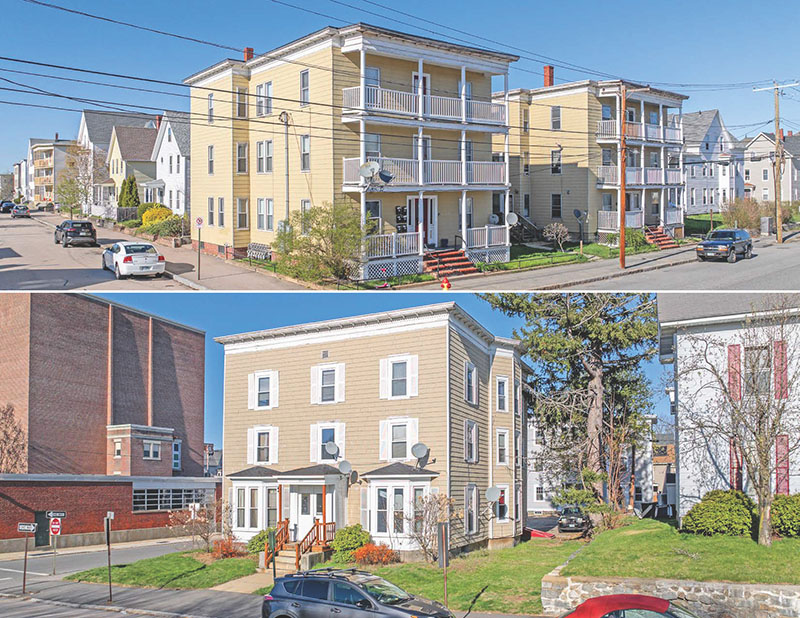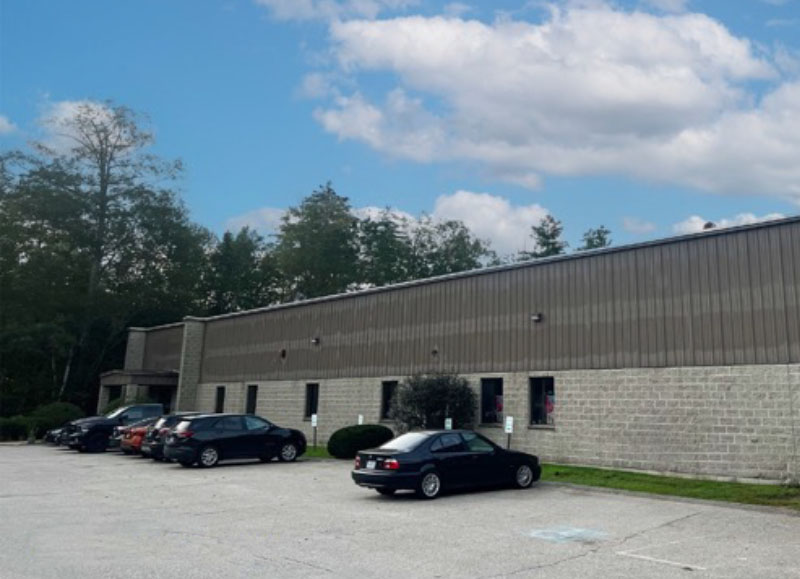News: Northern New England
Posted: August 6, 2015
Unique partnership results in Maine's first net-zero school
A special, intergenerational partnership between OceanView at Falmouth and the Friends School of Portland has led to a monumental achievement in energy-efficient building. The school's new 15,000 s/f facility, set to open this fall has become the first school in Maine, the first commercial project in Maine, and the third school in the nation to achieve Passive House Certification - the highest international energy efficiency standard.
According to Naomi Beal, chair of the building committee at The Friends School of Portland and director of passivhausMAINE, the Passive House Standard is determined by three metrics: envelope airtightness, total energy usage and highest heat load. A building's requirements are projected through modeling and confirmed with post construction commissioning.
"One of our core values is stewardship and we certainly apply that to our environment," said Jenny Rowe, head of school at the Friends School of Portland. "This new facility not only provides a symbol of that value, but increases the capacity for our students to learn it and live it."
The school achieved Passive House Certification and net-zero energy use thanks in part to a Power Purchase Agreement with OceanView at Falmouth.
Through the agreement, OceanView funds the purchase and installation of the 144-panel solar array and subsequently receives the federal tax incentives for which the array qualifies. The Power Purchase Agreement and OceanView's participation enables the school to fulfill its vision of being a Net Zero Building - meaning that it will produce as much energy as it uses. The solar panels will be installed by the local solar professionals at ReVision Energy and will eliminate the need to rely on traditional heating fuels such as oil, gas, coal or wood.
"This partnership extends beyond a financing component," said John Wasileski of OceanView. "OceanView shares the Friends School of Portland's commitment to clean energy and stewardship, and we envision a great intergenerational partnership for years to come. With multiple solar projects across all of our properties, the value of alternative energy cannot be understated."
"Maine has no indigenous fossil fuel resources and a relatively cold climate, making it difficult to achieve energy independence. This project is a great example of the reality that even at our latitude, we can create extremely efficient buildings requiring minimal energy inputs that can be met with clean, renewable solar electricity. It's also an inspiring example of the power of the business and educational communities coming together to create long-term economic and environmental sustainability for the Friends School and its students, for decades to come," said Phil Coupe, co-founder, ReVision Energy.
Sen. Angus King visited the school today to congratulate the partnership on their achievement and promote passage of The Free Market Energy Act of 2015. The legislation is a signature initiative for Sen. King and would establish a set of parameters for the governance of distributed energy that would, among other things, protect the right of consumers - like The Friends School of Portland - to connect their distributed resources to the grid for a reasonable price.
"People across the country should have the right to make their own energy choices without having to jump through hoops or face the possibility of being penalized by unreasonable fees," senator King said. "Right here in Maine, Friends School of Portland is deploying innovative technologies that will help it operate almost entirely independent of the electric grid. My legislation would ensure that people can do what FSP has done: take their energy future into their own hands. By protecting the right of people to connect to the grid and by ensuring that grid-owners and operators are properly compensated, my bill would stimulate the growth of cutting-edge energy technologies, create jobs, and help usher in a new clean energy era defined by personal choice."
He further explained to the students gathered, "It's the difference between only being allowed to shop at one grocery store, and having your own garden."
Tags:
Northern New England
MORE FROM Northern New England
PROCON and Hitchiner break ground on 57,000 s/f shared services operations facility
Milford, NH Hitchiner, in partnership with PROCON’s integrated design and construction team, has officially broken ground on a new 57,000 s/f shared services operations facility at its Elm St. campus. This building will house value-added services used across Hitchiner’s various business units,







.png)
